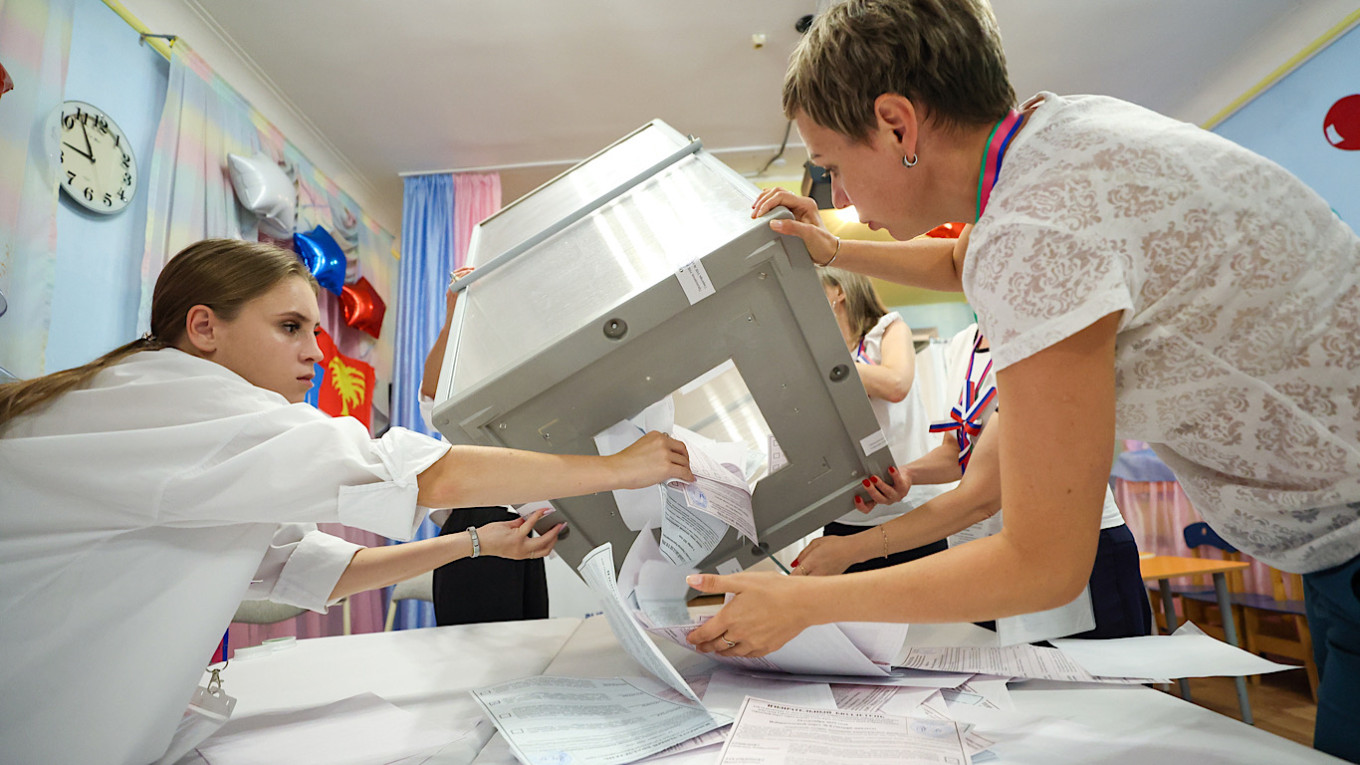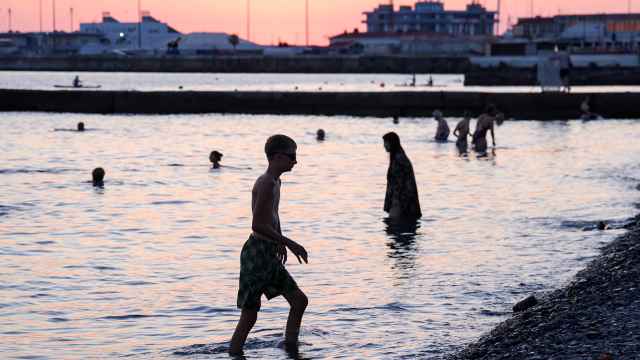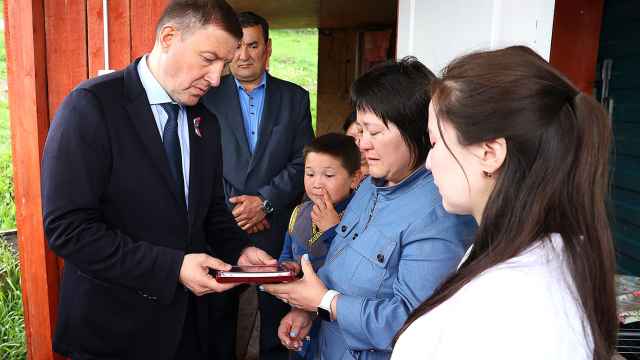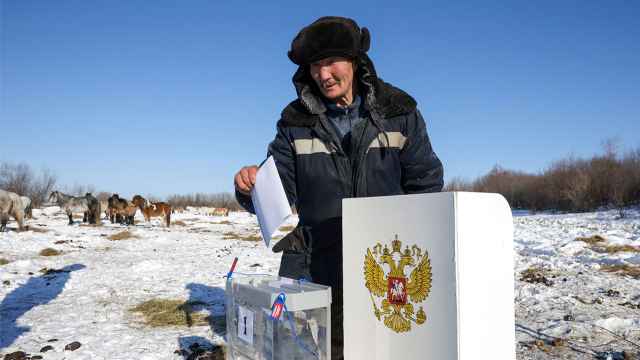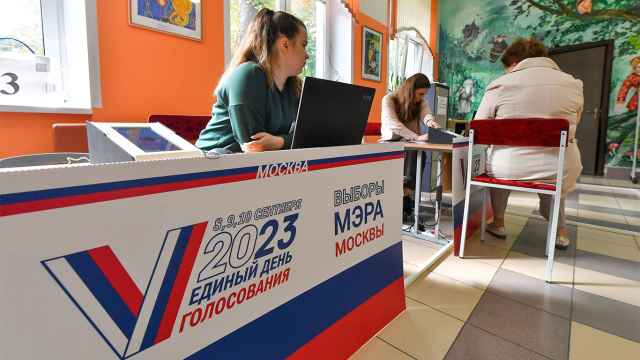Russia’s fifth wartime regional elections ended with sweeping victories for incumbents from the ruling United Russia party, cementing the Kremlin’s control in a vote that offered little suspense.
More than 45,000 seats were contested nationwide, including 19 governorships, 11 regional legislatures and 25 city councils. The races were widely viewed as a bellwether ahead of next year’s parliamentary elections, where United Russia chairman Dmitry Medvedev said he expects the party to start preparing immediately and achieve “top results.”
The three-day vote was also the first since the shutdown of Golos, once Russia’s leading independent election watchdog, after the jailing of one of its leaders earlier this year.
In regions bordering Ukraine, where cross-border drone strikes have become routine, incumbents won by wide margins.
Acting Kursk region Governor Alexander Khinshtein secured 86.9% of the vote, far outstripping his since-ousted predecessor’s 65.3%. In neighboring Bryansk, Governor Aleksandr Bogomaz was re-elected with 78.8%, improving on his 2020 tally.
Both results signaled the Kremlin’s endorsement of their handling of security and crisis management amid regular attacks from Ukraine.
Rustam Minnikhanov, the longtime leader of the republic of Tatarstan, posted the strongest result nationwide, winning a fourth term with 88.1%.
Elsewhere, the margins were lower. In Siberia’s Irkutsk region, Governor Igor Kobzev was re-elected with 60.8% after years of conflict with local elites. In the northwestern Arkhangelsk region, Governor Aleksandr Tsybulsky won 67.3%, slightly down from his 2020 showing.
The governor of the Far East Kamchatka peninsula, Vladimir Solodov, fell sharply from 80.5% of the vote in 2020 to 63% this year, after residents criticized his handling of a huge earthquake in July.
In the republic of Chuvashia, located along Russia’s Volga River, regional head Oleg Nikolayev won re-election as an independent candidate, making him the only non-United Russia member to hold onto a gubernatorial post this year’s elections.
Meanwhile, in regional legislative races, United Russia fell below 50% in just two regions, the republic of Komi and the Kostroma region, but otherwise maintained dominance.
United Russia lost a handful of smaller local contests in Siberia and the Far East, though it held on in remote districts, including those in the republics of Buryatia and Sakha (Yakutia), as well as the Khabarovsk region.
Russia’s Central Election Commission said that around 26 million people voted in person and 1.5 million online across 24 regions.
The Kremlin said later on Monday that it thought the elections were a “success.”
A Message from The Moscow Times:
Dear readers,
We are facing unprecedented challenges. Russia's Prosecutor General's Office has designated The Moscow Times as an "undesirable" organization, criminalizing our work and putting our staff at risk of prosecution. This follows our earlier unjust labeling as a "foreign agent."
These actions are direct attempts to silence independent journalism in Russia. The authorities claim our work "discredits the decisions of the Russian leadership." We see things differently: we strive to provide accurate, unbiased reporting on Russia.
We, the journalists of The Moscow Times, refuse to be silenced. But to continue our work, we need your help.
Your support, no matter how small, makes a world of difference. If you can, please support us monthly starting from just $2. It's quick to set up, and every contribution makes a significant impact.
By supporting The Moscow Times, you're defending open, independent journalism in the face of repression. Thank you for standing with us.
Remind me later.


